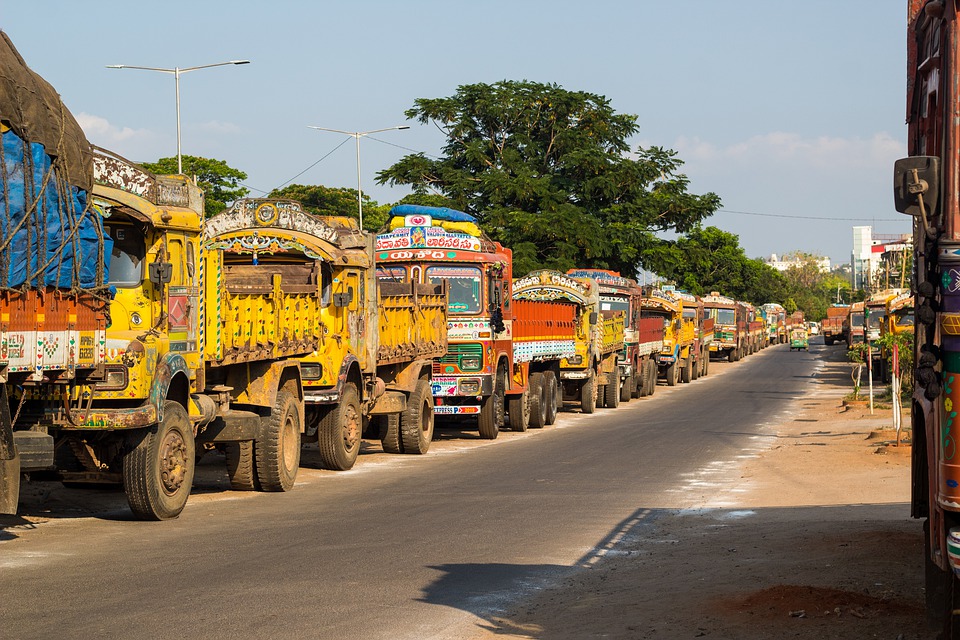Improve Your IQ, Subscribe to Suvipra’s Newsletter
The phrase ‘Citizen of India’ finds mention in many places, for example, in the Indian Constitution where many rights are bestowed upon them and in other legislations enacted by the government from time to time. We all know that the right to vote in any polls- for the Indian parliament or for state legislature or for Panchayati Raj institutions- can only be exercised when you are an Indian citizen and have attained the age of majority, that is 18. In this light, it is very important to know the legal aspects as they relate to Indian citizenship. That a bill called the Citizenship (Amendment) Bill has been passed
by the Lok Sabha and will be taken up in Rajya Sabha amid controversy and disapproval from opposition political parties, is also a related subject here and we shall discuss it in brief in the end. But first things first, and hence, who is an Indian citizen?
1.Who Is an Indian Citizen?
There are many ways to acquire Indian citizenship and they are all mentioned in the Citizenship Act, 1955. Let’s know them.
Citizenship by Birth
This is the most common way how many people become a legitimate citizen of the country. For this to happen, the child must be born in India and at least one of the parents of the newborn must be an Indian citizen and the other parent must not be an illegal migrant to India at the time of birth. This is a case for all those born in the country on or after December 3, 2004. For those born in India between July 1, 1987 and December 2, 2004, the condition that at least one of the parents is an Indian citizen is enough with no regard for the other parent’s status. And for those born in India prior to July 1, 1987, it is enough that the birth is within the territory of the country, with no regard for the citizenship status of either of the parents.
Citizenship by Registration
Yes, those not born in India can also acquire citizenship. For this to happen, the applying person must be of Indian origin and should have resided in India for at least seven years prior to applying for registration. Any person who marries an Indian citizen can also apply for registration given that s/he has ordinarily resided in India for seven years.
Citizenship by Descent
What happens when a child of an Indian is born outside India? If this has happened after December 3, 2004, the parents of such child have to declare that the minor has not acquired the citizenship of any other country and must also register the birth of the child in an Indian consulate within 1 year. Prior to December 3, 2004, the only condition that one of the parents is an Indian citizen was enough for a child born outside India to acquire Indian citizenship, and before December 10, 1992, the only condition to be met was that the newborn’s father was an Indian citizen by virtue of birth.
Citizenship by Naturalisation
Any person of any origin can acquire Indian citizenship by naturalisation given that the person has been an ordinary resident of India for the past twelve years and makes an application in this regard to the central government.
The Citizenship Act, 1955 is an exhaustive document and has many other provisions for citizenship and its termination.
2.Who Is Not an Indian Citizen?
Any citizen of India who voluntarily accepts citizenship for any foreign country is no further an Indian citizen as India does not have any provision of dual citizenship as is in other countries, for example the United Kingdom, the United States and South Africa.
3. Citizenship Amendment Bill 2019
Now let’s talk about the debate over the Citizenship Amendment Bill 2019 amending the Citizenship Act, 1955.
The Bill
The Bill, the government has proposed is that illegal migrants who have entered India before December 31, 2014 can apply for Indian citizenship after having resided in India for six years, given that they have migrated from three countries – Afghanistan, Bangladesh and Pakistan – and that they belong to Hindu, Sikh, Jain, Buddhist, Christian or Parsi faith. The amendment shall grant such people citizenship from the date of entry into India.
The current law states that illegal immigrants will be jailed or deported. The amendment is seeking to make an exception for the persons of specified religion from the three countries and also reduce the requirement of 11 years to only 6 years.
The Points of Contention
There are two points of contention here- one is that the opposition says that the Bill violates the secular character of India as illegal migrants of Muslim faith have been excluded from acquiring citizenship through this route. Second, natives of some states in the northeast, including Assam and Manipur, where illegal migrants of non-Muslim faith have come from Bangladesh, fear that citizenship to illegal migrants will result into non-locals taking over land and jobs.
On the contrary, the government asserts that the three countries – Afghanistan, Bangladesh and Pakistan – are Muslim-majority countries and hence, Muslims cannot be considered as minorities in these countries and there is no point that Muslims can be persecuted on religious grounds in a Muslim-majority nation. As far as the concerns of northeastern states are concerned, the government takes a stand that the provisions of the Bill have no bearing to the states of Arunachal Pradesh, Nagaland, Mizoram, Meghalaya and parts of Assam and Tripura and hence, natives of these regions have nothing to fear.
Both the factions- the government and those opposing the bill- have their own set of arguments. Let’s wait and see if the bill passes the test of Indian parliament and becomes an act.
Also read: Knowing Why Is Hong Kong Protesting
Suvipra aggregates essential blogs in one place for enhancing general awareness and intellect of the readers. Read to Succeed.
Reach a wider audience for free!
To get your blog published on Suvipra.com, click Submit Your Blog
Increase the number of clicks to your own website for free!
To submit the link to the blog on your website, click Submit your Blog Link


























